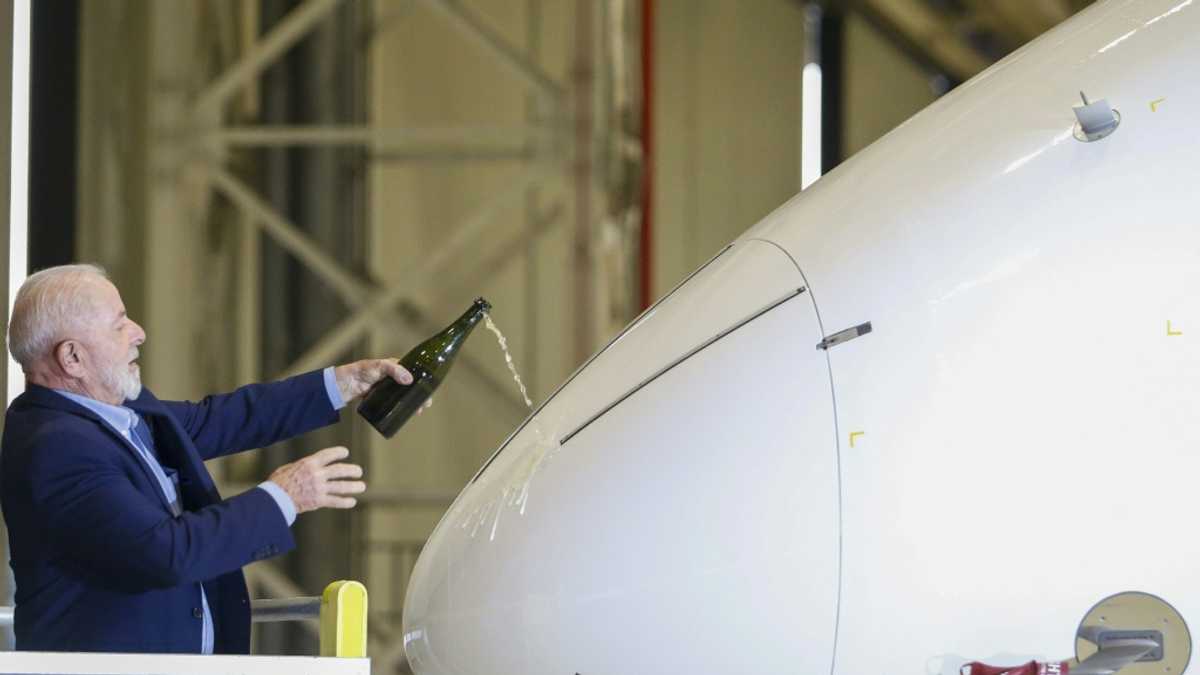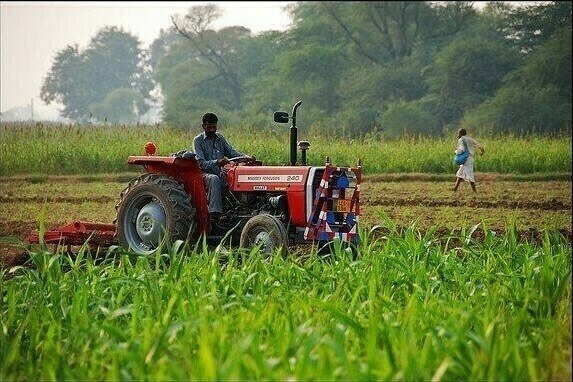Copyright scmp

As Hong Kong embarks on the exciting journey of building a commodities ecosystem, four key areas could help the city set the course. The task at hand is to explore real economy patterns to supplement the city’s financial plans. First, we must prioritise products. The commodities market covers multiple categories. However, I will only focus on the industrial metals subset. Here, Hong Kong would want to select highly liquid, high-impact products to make scaling up easier. Three major metals are steel, copper and aluminium. Steel’s estimated market size was US$1.47 trillion in 2024, that of copper about US$300 billion and that of aluminium over US$200 billion. For comparison, crude oil, the world’s number one commodity, is valued at around US$2 trillion. The steel, copper and aluminium production markets would provide a sizeable platform for Hong Kong’s launch. Mainland China commands a 40 to 60 per cent global share in all three metals, highlighting their strategic importance. Their supply chains follow various, sometimes differing, patterns. China often imports iron ore and bauxite from Australia, Brazil or West African countries for processing. Finished products might be exported to Southeast Asia, the Middle East or Group of Seven countries. For copper, concentrates from countries in South America and Africa are imported into China as raw materials, while finished goods mostly serve the domestic market. By understanding real economy trade flows, Hong Kong can target specific markets for business opportunities. The second area is benchmarking. What can Hong Kong learn from the top commodities hubs in the world? Singapore and Switzerland have employed distinctive approaches to achieve success. For decades, Singapore’s Jurong Island has been designated for petrochemicals and marine engineering. Multinational production facilities operate despite the city state’s status as a global financial centre. The Malacca Strait’s strategic location also makes Singapore a natural stopover and bunkering port for cargo. It readily attracts energy traders and financial institutions. Meanwhile, Switzerland might be known more for its world-class gold refineries than for processing basic metals. However, a substantial amount of global energy and metal trades are done in the Swiss cities of Zug and Geneva. Companies such as Glencore and Vitol, both based in Switzerland, operate assets around the world. Supported by Swiss financial institutions with commodity expertise, the country boasts the world’s leading ecosystem. All in all, the Singapore model seems a long way from Hong Kong’s reality, while the Swiss approach could be easier for the city to replicate. The third area is connecting with Shanghai. When our family steel company in Hong Kong sells rebars forward, for example, we often hedge our positions with traders in Hangzhou, Zhejiang province, who would buy Shanghai futures in renminbi. They eventually make physical deliveries from the Middle East or Southeast Asia to our site in Hong Kong. If a Swiss copper trader wants to buy concentrates from Kazakhstan for processing in Jiangxi province, they might hedge the trade in Zurich, Switzerland, based on Shanghai futures, also in renminbi. Metal trades are international in nature and in both cases, the Shanghai Futures Exchange is featured prominently as benchmark pricing, due to suitable contracts, currency advantage and high liquidity. Hong Kong ought to explore deeper cooperation with Shanghai on commodities, as the latter has national backing, a strong industrial base, long-term commodity expertise and unique products such as steel contracts which are not necessarily easy to access. Finally, Hong Kong must attract industry players. At the end of the day, a commodities ecosystem is about a congregation of industry participants. Swiss energy traders have told me that just six to eight of them can meet in a neighbourhood cafe in Geneva to fix world oil prices from Lagos to Baku and Ningbo. This shows the influence of a commodities hub. Hong Kong has world-class financial institutions, law firms and logistics companies on hand, but the presence of commodities players is limited. Without enough participants, no ecosystem will be relevant. How do we attract the likes of Vale, Baowu, Glencore, Jinchuan, Mitsui Bussan and Wuchan Zhongda to expand their trading activities in Hong Kong: Renminbi trade finance? Mining capital? Hedging mechanisms? Dispute settlements? Data analysis capabilities? Logistics facilities? We must understand real economic needs to provide solutions and action plans for the relevant players. In the past year, Hong Kong has taken a promising first step to grow the gold trade. A further initiative to develop industrial metals would make a commodities ecosystem more complete. Considering real economy needs is imperative to supplementing our financial expertise.



